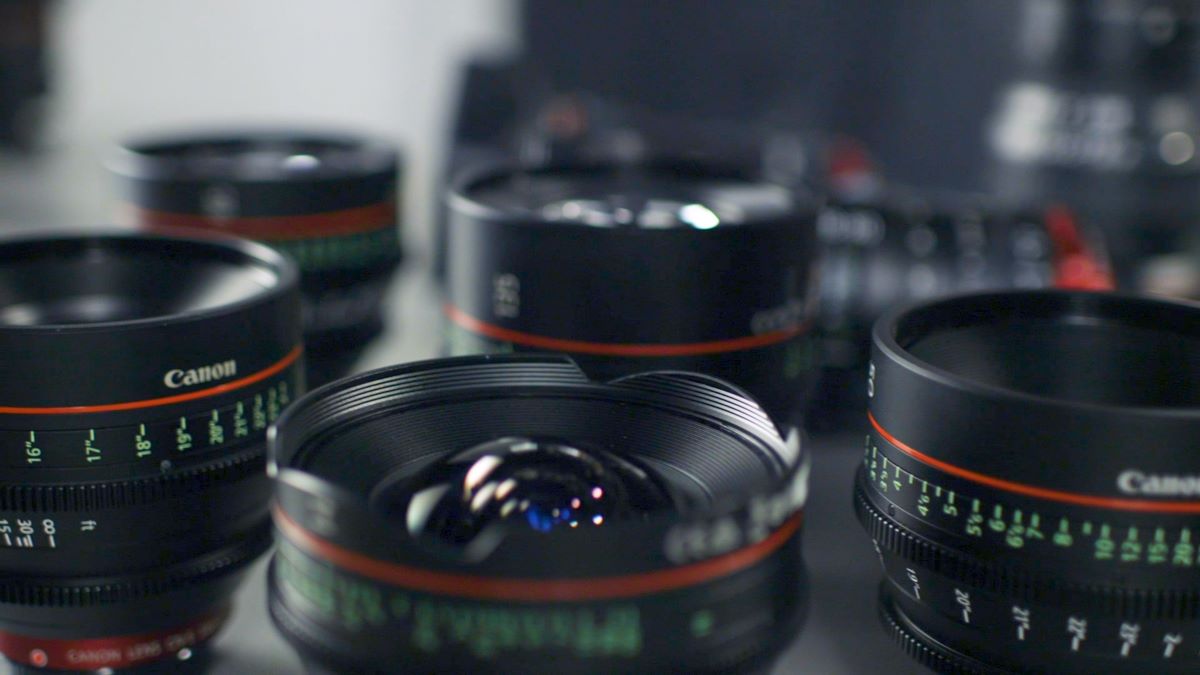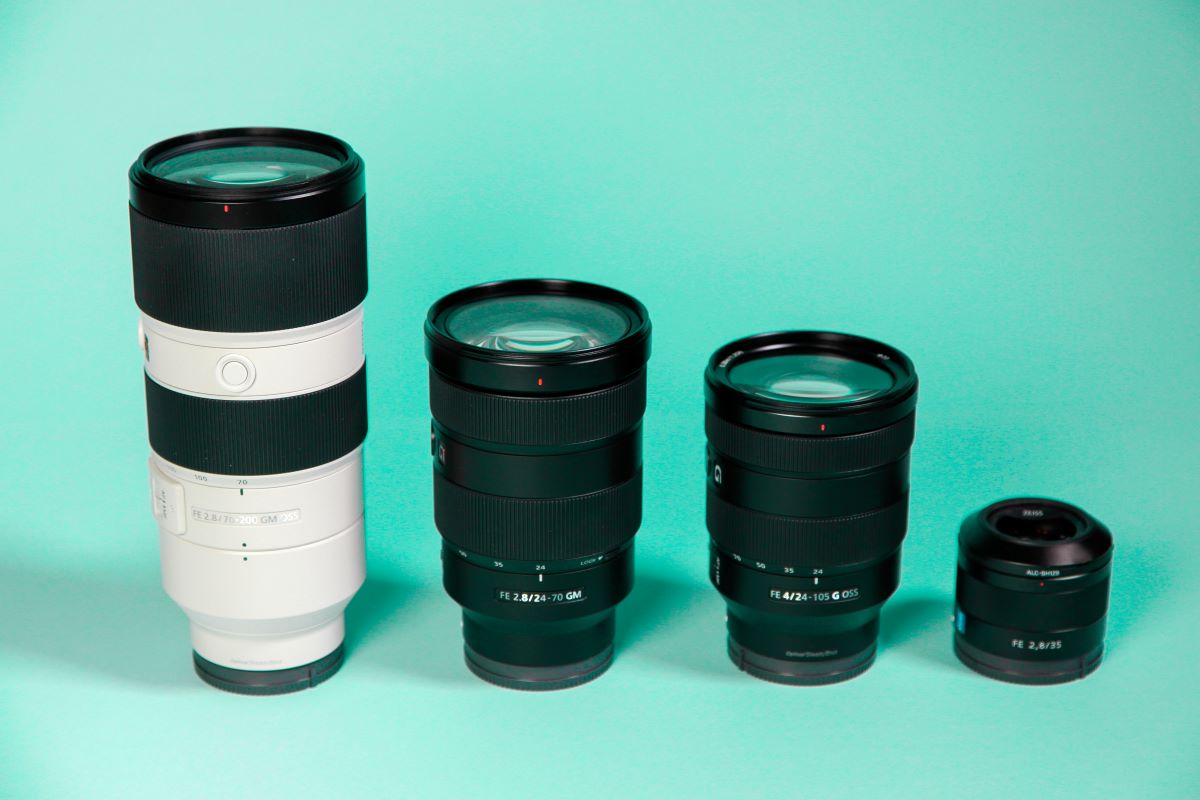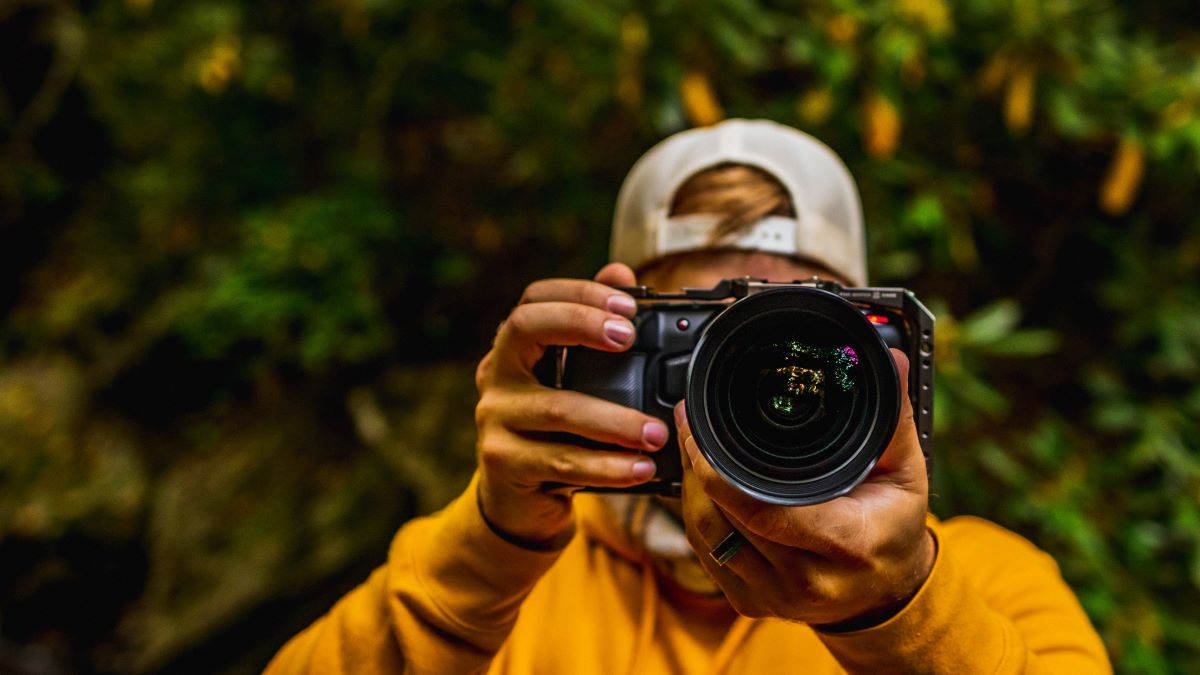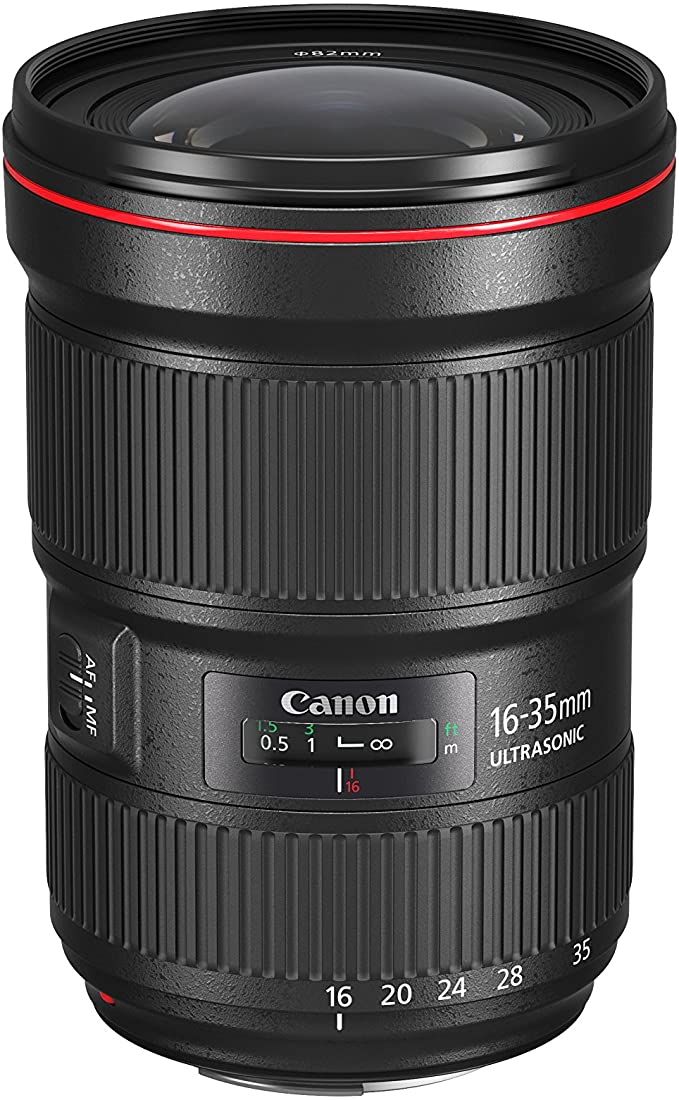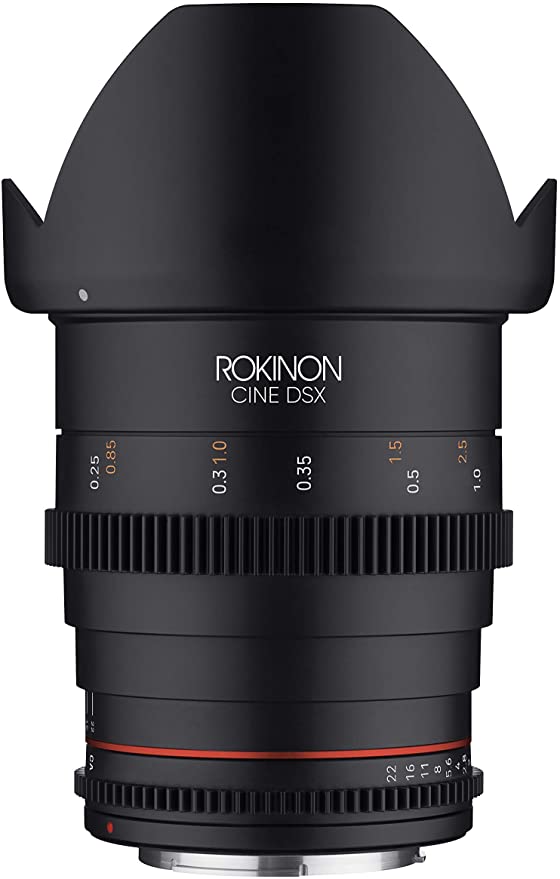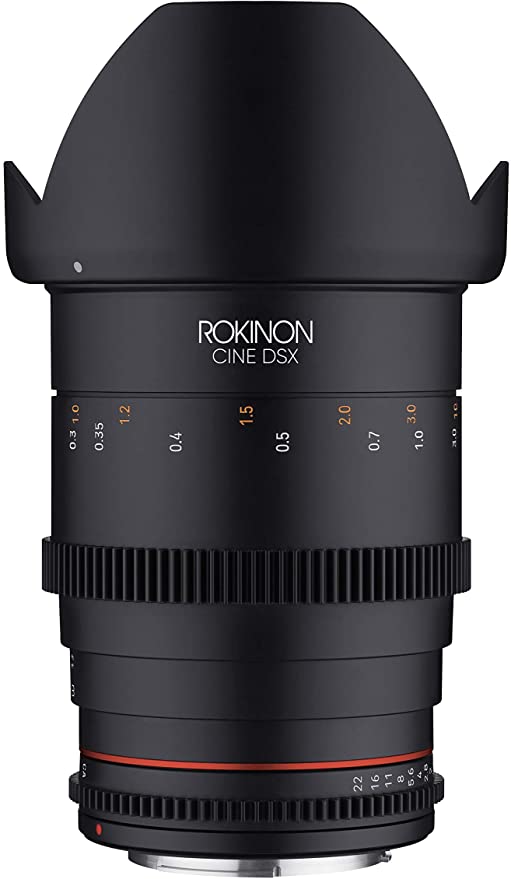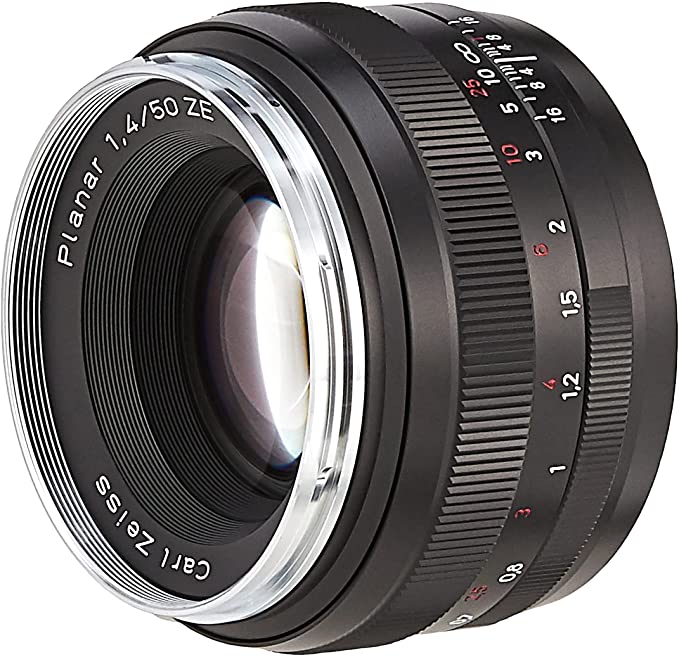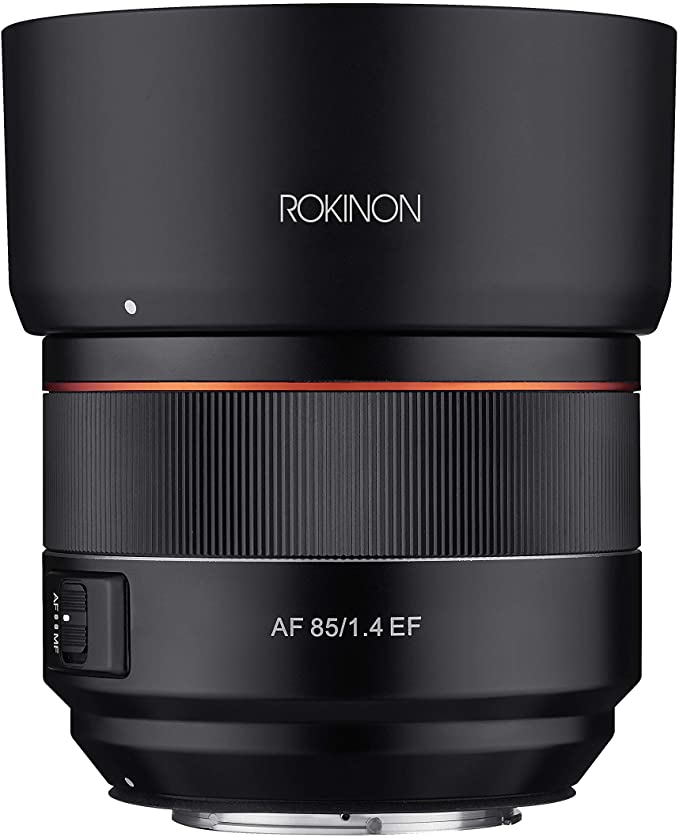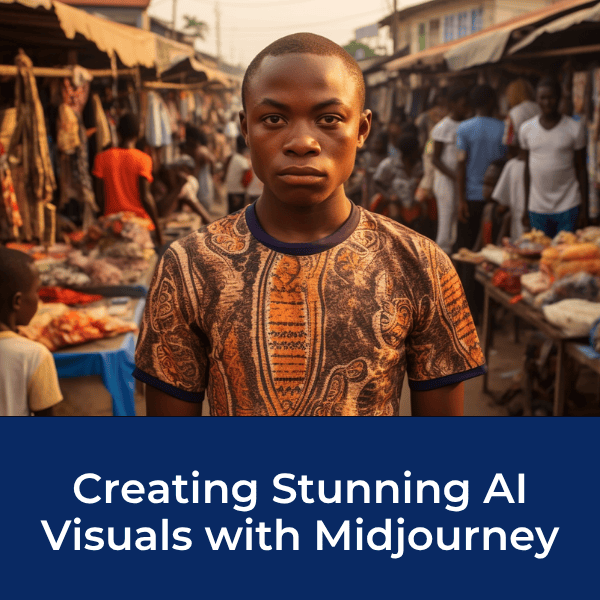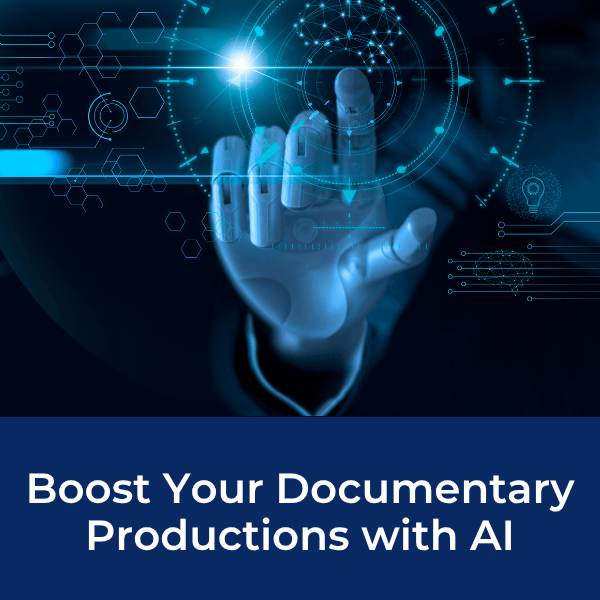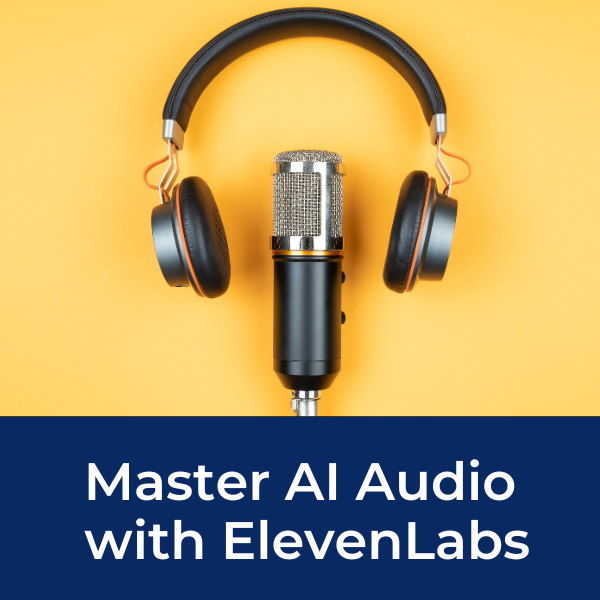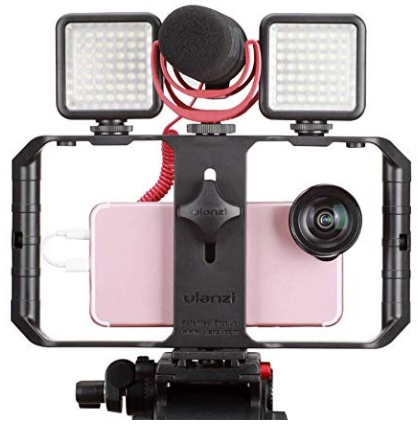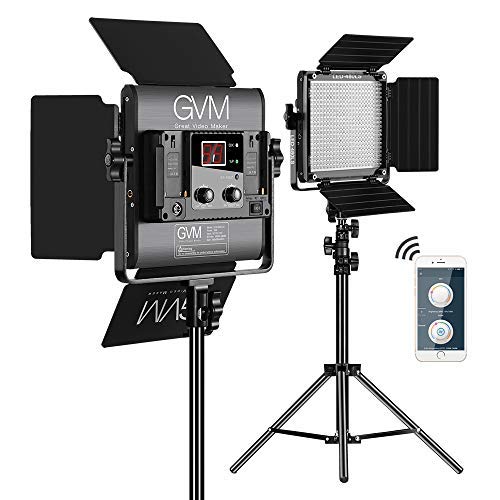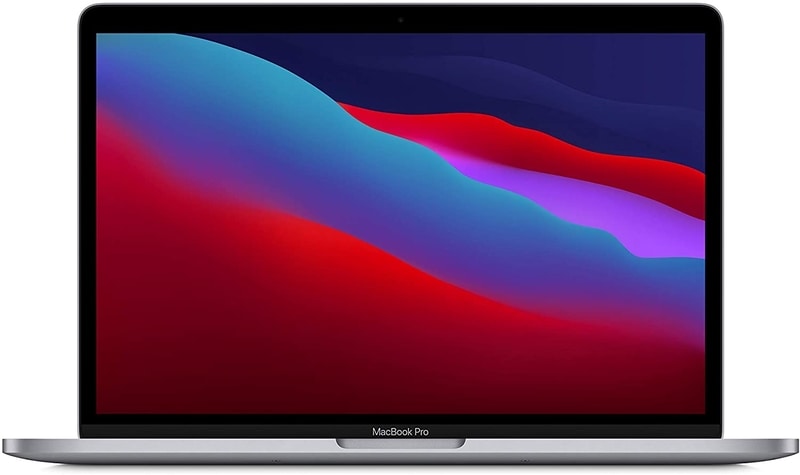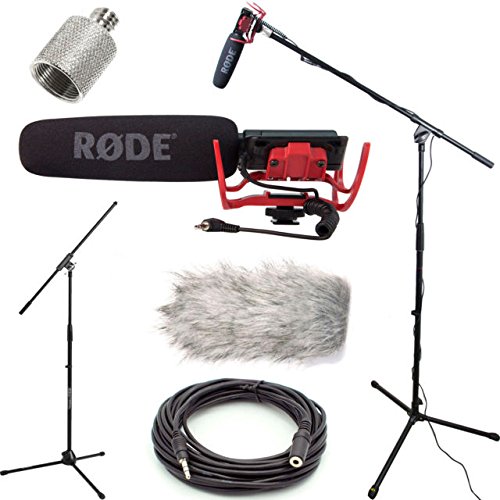Filming Interviews:
3 Ways To Pick Your Lens
For videographers, documentary filmmakers, and promotional content creators alike!
Whether it’s an advertising spot or a feature-length documentary, the right lens will help you capture the interview you imagined yourself shooting.
So, it’s an important decision to make!
But how should you choose which lens to use?
In the video below, filmmaker Ash von Chamier shares his 3 key factors for determining what lens to use when filming interviews.
10 Camera Movements On A Budget
10 Best Tips for Editing a Documentary
3 iPhone Cinematography Tips for Beginner Filmmakers
Thanks Ash for sharing this awesome video!
3 Factors for Determining What Lens to Use When Filming Interviews
1 - The Environment
Right away, the environment will tell you if you’ll need a wider lens.
With 4k-quality footage, you can typically get two shots out of one. That is, you can crop your interview in post to create a secondary, zoomed-in shot of your subject.
But what if you’re filming interviews in a small room?
Use all the space you can get and go wide.
Here’s why:
Let’s say you decide to use a long lens in a small room. With a longer lens (70mm+), the only thing in your shot will be your subject’s head. What are you going to zoom in on to create a secondary frame?
Their eyes or forehead? Not such a great idea…
So, go wide with a 24 mm lens to take advantage of a small space.
Working with an big, dynamic interview space? Keep reading…
Bring a variety of lenses with you so you can test out the best arrangement for your interview space. L to R: telephoto (70-200mm), standard (24-70mm), mid-range (24-105mm), wide (35mm)
2 - Your Subject's Face
Ok, so you lucked out with a visually interesting, flexible environment. Your next question is going to be:
What will be a flattering lens for the person I am interviewing?
If you’re just starting out, you might not think that a lens can affect the way someone looks. But it can!
Sometimes a lens can make someone look more masculine than they are, overweight, or just weird!
In general, a longer lens will help your subject look slimmer, but it can sometimes accentuate harsh angles that don’t reflect how the person looks in real life.
Ultimately, you want to make your subject look their best so they can feel confident on screen.
Test a wider lens against a tighter lens before you start your interview in order to avoid filming an unflattering interview.
3 - The Mood
What’s the vibe of your interview?
Is it intimate or revealing? Like for a documentary exposé?
Or is it casual and friendly for a corporate mini-doc?
Normally, a moody vibe will call for tighter shots (with a longer lens). It gives off a vibe of “getting into your subject’s head.”
On the other hand, a wider lens can make your subject seem more approachable.
Also, think ahead about the type of information you are trying to get from your subject. If you set your camera up with a longer lens, you will have to position yourself farther away from your subject.
This can impact how you move through your questions, and also how your subject responds.
DOCUMENTARY PRO TIP:
A shorter lens will help your subject feel closer to you. In turn, the interview will feel more intimate, like a natural conversation.
If you’re planning on filming verité style, you'll want to use a wide or standard lens in order to stay as close as possible to the action.
Do's and Don'ts When Picking a Lens
- Working with an ugly interview space? Do choose a slightly longer lens - it will help you hide an unsightly background.
- Does the interview environment have cool architecture and details? Don't limit the frame to a talking head! A wider lens will allow you to accentuate some of those features in the background, as long as you control for the lighting.
- Do always consider the following question: Do I have to be in control of the camera or will I have someone helping me? An extra hand can free you up to get closer to your subject and focus on your questions.
- When using a wider lens, don’t put your subject too off-center to one side. Wide lenses will distort around the edges. So, if your lens has any warp to it, move your subject closer to the center line to avoid distorting your subject. Remember that if you’re shooting in 4k or above, you will be able to crop the shot in post.
Lenses Mentioned in the Video
WIDE
STANDARD/LONG
What are your favorite lenses for shooting an interview?
Let us know in the comments below!
Ready To Make Your Dream Documentary?
Sign up for our exclusive 7-day crash course and learn step-by-step how to make a documentary from idea to completed movie!
